Publications
Articles, publications, books, tools and multimedia features from the U.S. Institute of Peace provide the latest news, analysis, research findings, practitioner guides and reports, all related to the conflict zones and issues that are at the center of the Institute’s work to prevent and reduce violent conflict.
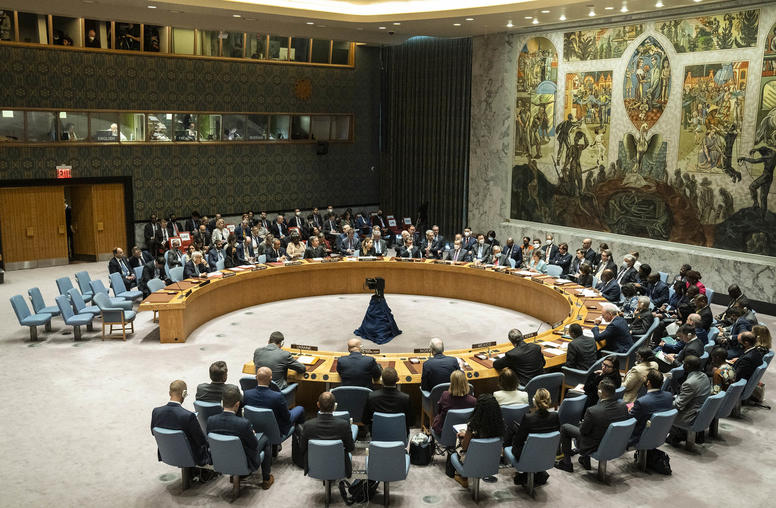
Will the U.S.-Africa Summit Address U.N. Security Council Reform?
U.N. Security Council (UNSC) reform has been a long-standing demand from many in the international community, but calls for an overhaul of the institution have grown louder amid renewed interest in democratizing the international system and addressing historical exclusion and injustices in its core institutions. And in a major development this past September, President Biden told the U.N. General Assembly the United States would support reforming the Security Council — specifically mentioning the addition of permanent members from Africa.

Four Priorities for Sudan a Year into the Civil War
This week marks a year of war in Sudan. A once promising revolution that led to the overthrow in 2019 of the country’s longtime dictator, Omar al-Bashir, has devolved into a devastating civil war. The fighting started over a dispute on how to incorporate the paramilitary Rapid Support Forces (RSF) into the country’s military, the Sudan Armed Forces (SAF). A year later as the conflict between the RSF and SAF grinds on, Sudan is experiencing the world’s worst displacement crisis and one of the world’s worst hunger crises in recent history.
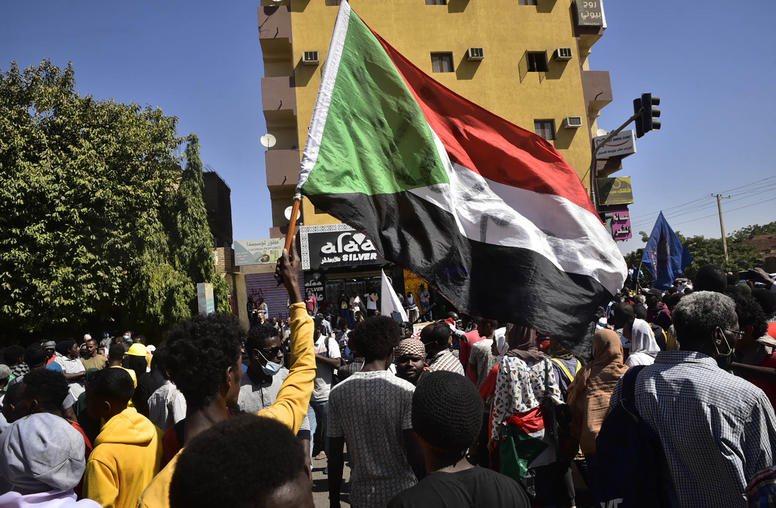
Sudan: Engage Civilians Now, Not Later
Over the last month, a series of cease-fires in Sudan have yielded minimal results. Fighting between the Sudan Armed Forces (SAF) and the Rapid Support Forces (RSF) has continued and even intensified in some places. While the capital Khartoum and areas surrounding key infrastructure remain the core battlegrounds, the clashes have spread into other parts of the country.
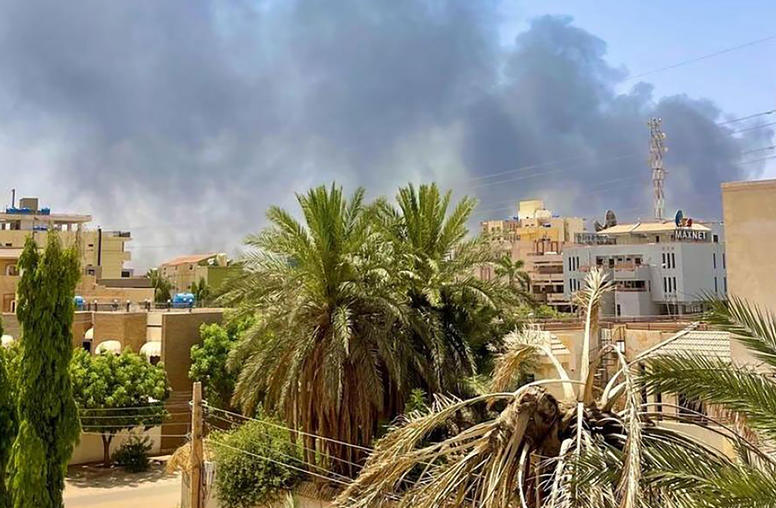
What’s Behind the Fighting in Sudan?
Since Saturday, violent clashes between the Sudan Armed Forces (SAF) and the paramilitary Rapid Support Forces (RSF) have been raging in the capital Khartoum and in other strategic areas throughout the country. While it’s unclear who initiated the fighting, the situation brings the de-facto leader of Sudan, the SAF’s General Abdel Fattah al-Burhan, into direct confrontation with his deputy, the RSF’s General Mohamed Hamdan Dagalo, who is also referred to as “Hemetti.”
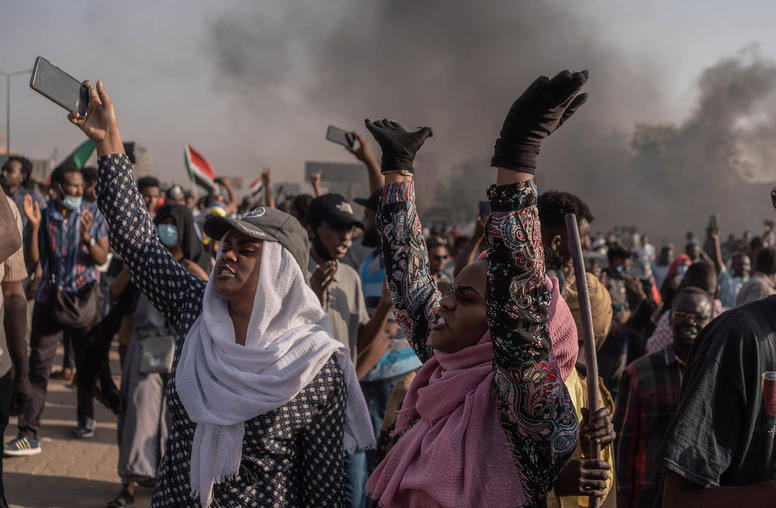
In Sudan, a Narrow Opportunity to Get the Democratic Transition Back on Track
The surprise announcement by Gen. Abdel Fattah al-Burhan, the leader of Sudan’s coup government, that the military is willing to hand power back to civilians presents an opportunity to get the democratic transition back on track.
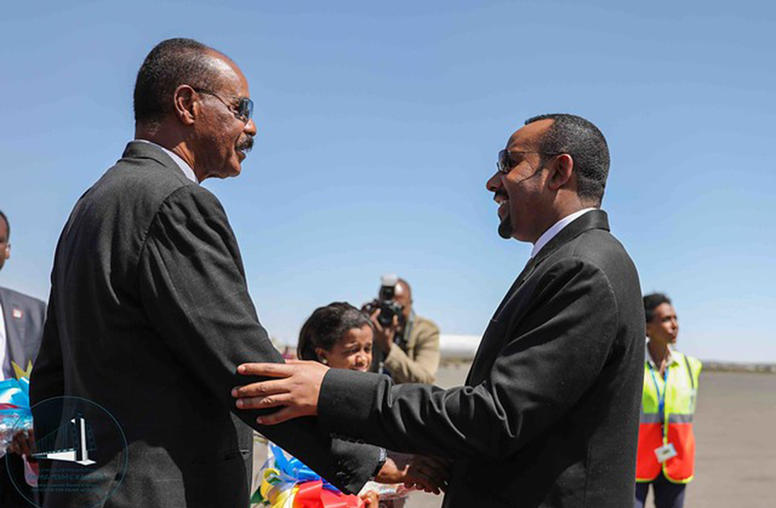
Nobel Laureate Abiy Ahmed’s Next Peacebuilding Project Should be at Home
Ethiopian Prime Minister Abiy Ahmed has remained in the news in the weeks following his 2019 Nobel Peace Prize—but not for the reasons you’d expect. An estimated 86 people have died in violence sparked by an alleged assassination attempt against a prominent political opposition leader. This tragedy is symptomatic of Ethiopia’s fragile transition and demonstrates the urgency for Dr. Abiy to focus his energies at home to deliver a peaceful transition for the 105 million Ethiopians counting on his leadership.
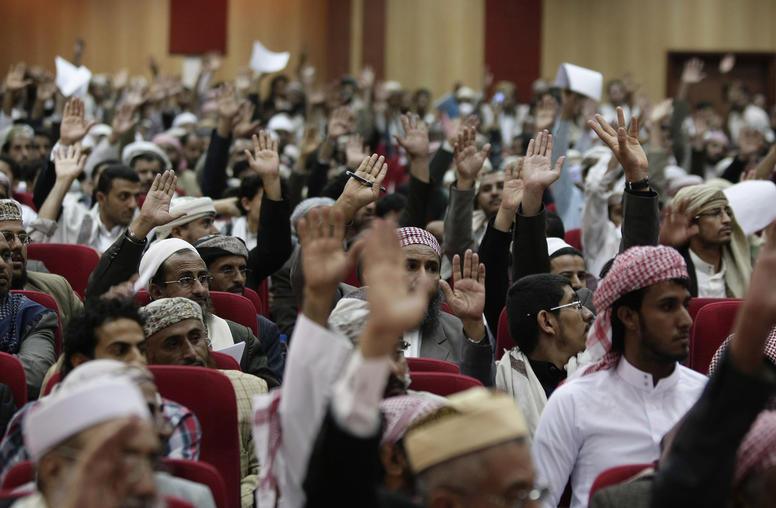
National Dialogues in Peacebuilding and Transitions: Creativity and Adaptive Thinking
At their best, national dialogues hold the promise of adding critical momentum in the drive to transform conflict inclusively. This report examines dialogues in six countries—the Central African Republic, Kenya, Lebanon, Senegal, Tunisia, and Yemen. These diverse processes show the possibilities for fostering dialogue, forging agreements, and driving toward peace; and the report offers extensive guidance on the possibilities and practicalities for those considering convening a national dialogue.
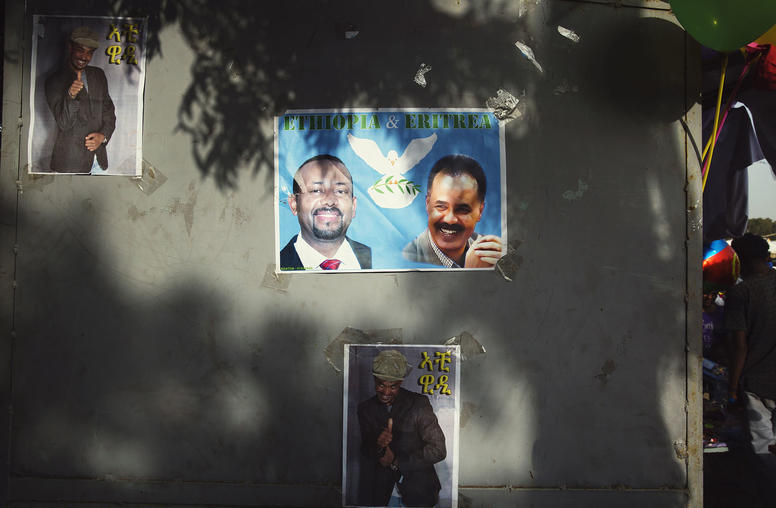
A Year After the Ethiopia-Eritrea Peace Deal, What Is the Impact?
Ethiopia and Eritrea signed a peace agreement just over a year ago to end two decades of a “frozen war.” The accord, which resolved a seemingly intractable border dispute after Ethiopian Prime Minister Abiy Ahmed took office and accepted an independent commission’s 2002 boundary decision, was greeted with tremendous optimism in both countries and by international observers.
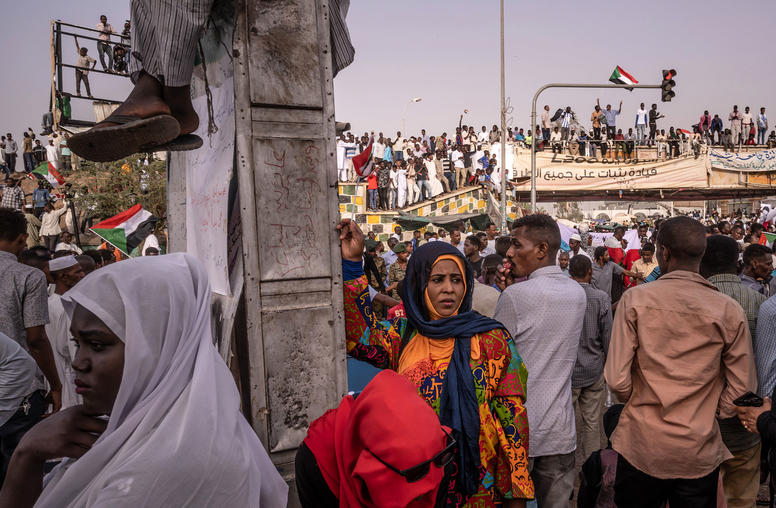
إعادة عملية الانتقال السياسي في السودان إلى مسارها الصحيح
قد حكم الجيش السودان لمدة 53 عامًا من أصل 66 عامًا مضت منذ حصوله على الاستقلال عام 1955. وفي 25 أكتوبر/تشرين الاول استولى الجيش، في حركة مألوفة على السلطة مما ألقى بظلال من الشك على التحول السياسي الذي من شأنه أن يؤدي إلى حكم مدني. وتم حل القيادة المدنية واعتقال قادتها وإعلان حالة الطوارئ. واستشهد قائد الانقلاب الجنرال عبد الفتاح برهان بمبررات بالية لتبرير أفعاله. وفي وقت لاحق أعيد رئيس الوزراء المخلوع عبد الله حمدوك إلى رئاسة حكومة تكنوقراطية إلى أن يحين موعد الانتخابات المقرر إجراؤها في يوليو/تموز 2023.

Putting Sudan’s Political Transition Back on Track
Sudan has been ruled by the military for 53 of the 66 years since it gained independence in 1955. On October 25, the military, in a familiar move, seized power throwing into question the political transition that would result in civilian rule. The civilian cabinet was dissolved, its leaders arrested and a state of emergency declared. Coup leader Gen. Abdel Fattah Burhan cited well-worn excuses to justify his actions. Ousted Prime Minister Abdalla Hamdok was later reinstated to lead a technocratic cabinet until elections scheduled for July 2023.